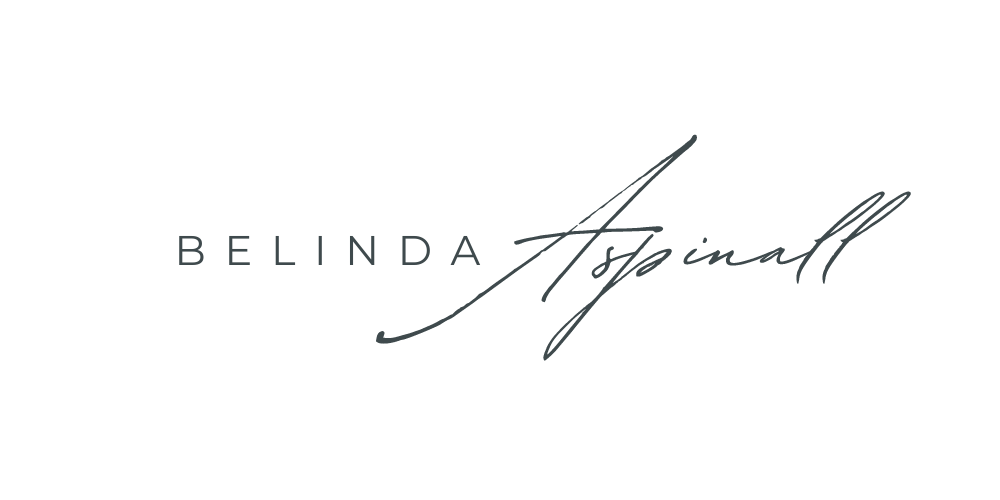Teen Friendships
As the summer holidays draw to a close, I’m turning my attention to work for the autumn, with clients returning and plenty of new faces.
With teens and children, I always try to work on resources we can use together – gentle suggestions of ideas to try. One theme that keeps cropping up, especially with teenagers, is friendships or rather, the lack of them and how to navigate this stage of life.
As parents we often worry about our children without friends. We worry they’re lonely, we worry what they might be “doing wrong”, and perhaps we worry about what it might say about us as parents. But underneath all that, most of us just want our children to feel connected and valued and to have special people who get them.
I’ve often spoken to younger children about the idea of leaving “golden hearts” or “grungy marks”, a simple analogy that helps them see the impact they have on others. Over the summer, I’ve been working on developing this further, particularly for teenagers and especially for those with ADHD, for whom friendships can be tricky terrain.
One strand has been perspective-taking. Saying “imagine it from their side” rarely lands with ADHD children and teens. I’ve been experimenting with metaphors that feel real: imagining you’re looking at life through your phone camera, and then swapping to see what someone else’s phone might be showing. Suddenly, it’s not abstract empathy – it’s two screens, two versions of the same scene.
The other strand has been impact. Helping children and teens understand that words and actions always land somewhere - sometimes positively, sometimes negatively, and sometimes not at all. I’ve been testing language with my daughter (always the best barometer of what gives the ick!) and what seems to stick is Cringe – Neutral – Sound (at the moment!) In other words:
Was what you said/did cringe? Did it make things awkward or uncomfortable?
Was it neutral – just a throwaway action, no big deal?
Or was it sound – did it land well, leaving the other person feeling good about themselves or about you?
This isn’t about teaching children to mask or perform. I don’t want them walking on eggshells. But it is about helping them understand the ripple effect of their choices. Words and actions can build bridges or burn them. And for a teenager wondering why friendships feel shaky, this is a practical, non-shaming way to start exploring it.
At the heart of it, my role is to support children in being themselves and in having the tools to connect with others. For some, not having friends right now is okay – solitude can be valuable. But for those who do care and can’t figure out what’s going wrong, perspective-taking and impact-awareness are skills worth practising. They don’t change who you are – they just give you a better chance of being seen, heard, and understood.
If you’d like to explore some extra support for your teenager, please do get in touch. I work face-to-face but most often I work online. The first step is a chat together, and you can access my calendar here, or please do click contact me and drop me a note.
